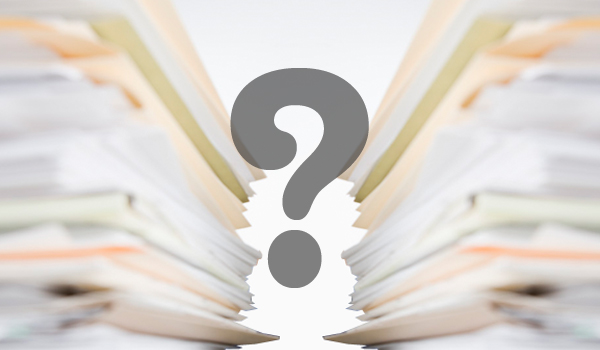V AT vendors need to comply with the Value-Added Tax Act (VAT Act) at all times. The general sections of the VAT Act are very clear in stipulating what is required and when. In practise it is noted that there is sometimes confusion with regard to the application of the VAT Act, with specific reference to the following issues:
AT vendors need to comply with the Value-Added Tax Act (VAT Act) at all times. The general sections of the VAT Act are very clear in stipulating what is required and when. In practise it is noted that there is sometimes confusion with regard to the application of the VAT Act, with specific reference to the following issues:
Payment basis vs invoice basis
Tax invoice vs pro-forma invoice
The VAT Act addresses each of the aforementioned points specifically.
Payments basis vs invoice basis:
All vendors must account for VAT on the invoice basis unless permission is granted by SARS to use the payments basis.
Payments basis:
The payments basis is only available to the following persons:
- Public authorities, municipalities, water boards, certain regional electricity distributors, certain municipal entities and associations not for gain; or
- A vendor who is a natural person (other than the trustee of a trust fund) or a partnership of natural persons only; and The total value of the vendor’s taxable supplies must not have exceeded R2.5 million (excluding VAT) over the previous 12 months, nor must they be likely to exceed R2.5 million (excluding VAT) over the next 12 months; or
- Any supplier of electronic services.
Therefore, companies, close corporations and trusts may not account for VAT on the payments basis even if their annual turnover is less than R2.5 million.
With the payment basis, VAT is based on actual payments made and received by the vendor. A vendor who wishes to utilise the payments basis must apply in writing to SARS. The application can be made either on registration or at any subsequent time.
Note that even if the vendor is registered on the payment basis, the vendor must account for tax on the invoice basis for a specific transaction if:
- he makes a supply of goods (excluding supplies of fixed property) or services; and
- where the consideration (VAT inclusive) in money for the supply; and
- is R100 000 or more.
Invoice basis:
Vendors on this basis must generally account for output tax in respect of the period within which the supply of the goods or services occurs. The vendor can claim input tax in respect of purchases provided that he has a valid tax invoice.
Tax invoice vs pro-forma invoices:
Some vendors issue a pro-forma invoice when the supply of goods or services occurs and only when payment is received they issue a valid tax invoice.
In terms of section 20(1) of the VAT Act it is the duty of any registered vendor making taxable supplies to another person / vendors, to issue a tax invoice within 21 days of the supply.
The VAT act stipulates in section 20(4) that certain detail must be on a tax invoice. Section 20(4)(a) state that amongst other “The words ‘tax invoice’ in a prominent place” must be displayed on the invoice, before it will constitute a proper tax invoice in terms of the VAT Act.
Where the consideration (including VAT) in money for a supply does not exceed R5 000.00 an abridge tax invoice may be issued. Such an invoice may omit the following details from those required for full tax invoices:
- The name and address and VAT registration number of the recipient; and
- The quantity or volume of the goods or services supplied.
The Act therefore forces the vendor to issue a valid tax invoice within 21 calendar days and a pro-forma tax invoice will not meet the criteria of section 20(4) of the VAT Act. It is therefore impermissible to issue a pro-forma invoice in an attempt to postpone the payment of output tax (VAT).
With VAT there unfortunately is always the issue with timing and cash flow when a vendor is registered on the invoice basis.
If you have any queries, please contact Petri Westraadt at pwestraadt@fhbc.co.za
